Beach Hunting Techniques || Metal Detecting on The Beach
There is a unique beauty and serenity to beaches that other landscapes just can’t match. Anyone who’s ever watched the sunrise out of the ocean can attest to this. As the sun rises, so do people who want to enjoy the beach in their own way: sunbathers, surfers, and people building sandcastles. But what about people who want another option? That’s where another classic pastime comes in: beach metal detecting.
Metal detecting is a great way to take in the beach’s natural beauty while separating yourself from the crowds. Even better, crowded beaches make for some of the best hunting spots!
It’s important to spend a little bit of time doing reconnaissance when you first arrive at the beach. Take note of where everyone is sitting and where the concentration of chairs, towels, tents, and umbrellas are located.
In addition, take mental note of where the surf is breaking and how far out in the water the people are wading, especially as the low tide creeps in. These are the places where most of the treasure will be found.
We often find that the best (most concentrated) areas to hunt are near lifeguard chairs and public footpaths to the beach. You should hunt those areas hard including both the wet and dry sand.
Waves and shifting tides make beach metal detecting a constant adventure. it can turn exhausted and “lost” beaches fresh again thanks to changes in topography. Just be sure to take your time, slowly swinging your search coil as close to the ground as possible while beach metal detecting.
Want to know how to beach metal detect? There’s more to it than swinging your detector back and forth.
Gridding is a time-tested strategy that almost always turns up targets, regardless of where you’re hunting. Gridding helps you be methodical while keeping your hunt simple and straightforward.
- Choose an area of hard-packed sand parallel to the ocean. You can mark your grid using your scoop if you want.
- Complete a full swing of your detector for every step you take.
- When you reach the end of your grid, take one or two steps to the side you haven’t searched yet.
- Repeat the process, making sure that you’re swinging wide enough that you’re overlapping the area you just searched.
- Repeat this process until you have searched the entire grid.
Swinging the detector slowly helps you get a better signal by penetrating deeper into the ground. Also, don’t abandon your grid once you find something! It will take multiple sweeps to fully exhaust the grid.
Wet vs. Dry Sand
Beach metal detecting tips vary based on the different types of sand. Dry sand is similar to sandy soil, but with more trash. You’ll probably have to dig through some junk until you hit paydirt. On the bright side, you’ll be an expert at distinguishing trash from treasure before you dig!
Hunting in wet sand is best done when the high tide recedes. Signs like erosion from wind and water, dips, or “scallops” in the sand, and pockets of shells and other debris tell detectorists where the best places to start hunting are.
You’ll want a waterproof coil or an entirely waterproof detector for this type of detecting. Keep in mind that salt water can also interfere with your detector’s ability to find targets.
When to Metal Detect on the Beach
The best times to hunt the treasure coast beaches are during low tide after big storms. If it’s a beautiful day to be at the beach, it’s probably not a good day to metal detect on the beach.
Hunting at night is also a good choice. It’s peaceful, cooler, and not as crowded.
There are items that you should bring with you when you beach hunt. The first is a pouch to hold your finds. we’ve seen guys use fanny packs, leather pouches, and other devices over the years but we prefer a mesh pouch.
You wear it on a belt around your waist and you are good to go. The second is a pair of headphones. Headphones serve two purposes: 1. They keep unwanted noise out (like the sound of the surf) allowing you to hear targets) and 2. They keep the sounds of the detector in your ears and out of the ears of others.
A noisy detector at a beach draws a lot of attention, annoyed glances from beachgoers who don’t appreciate the detector sounds intruding on their beach day.
What we love about this hobby, and especially the beach, is that you never know what the next swing of a coil can bring you. Let me illustrate this point by example. This summer, some prospectors went hunting on an ocean beach in Southern California.
After an hour of hunting they weren’t finding anything and wanted to leave and go home to do some work. they was testing out a new machine . they told each other to give it another hour. 45 minutes later one of them showed up with the ring and the grin . 14K white gold, a bunch of diamonds, later appraised at $800.00 retail!
If beach detecting interests you, There are great things to find out there if you have the right gear along with you for the day! And even if you don’t find a major goodie, remember : “A bad day detecting is still better than a good day at work!”

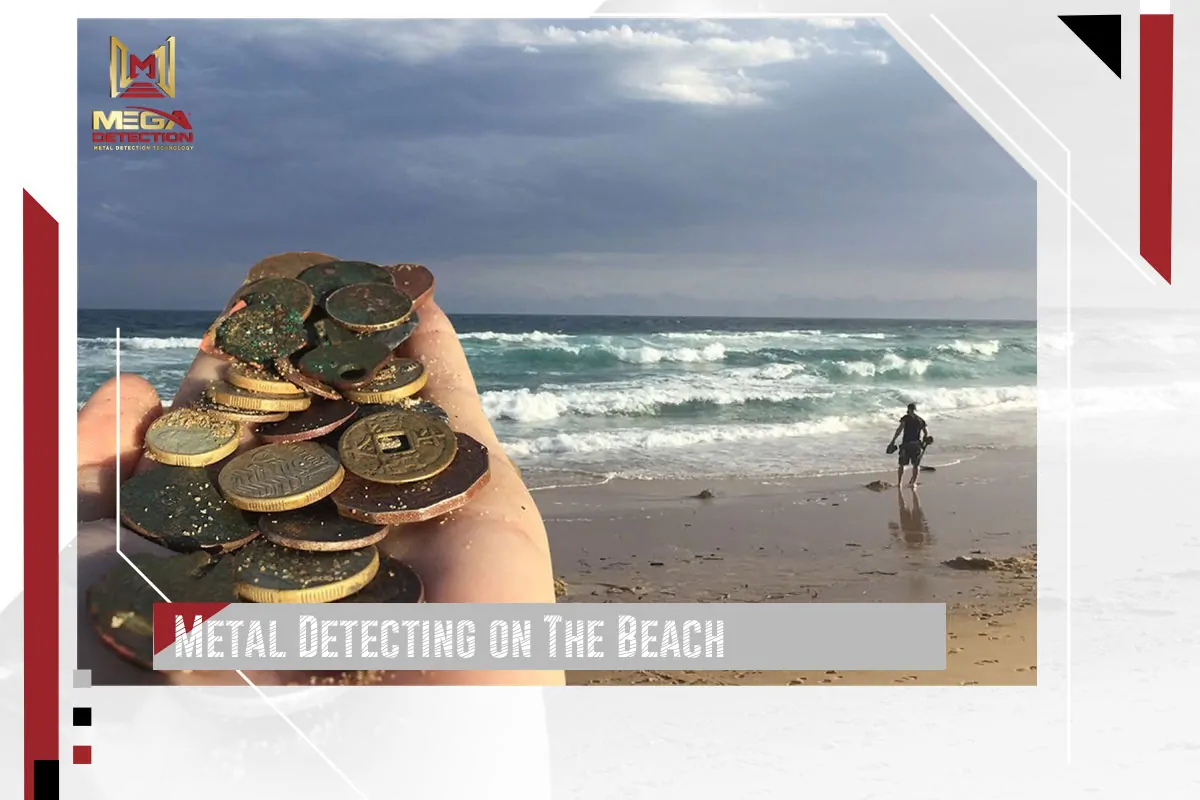

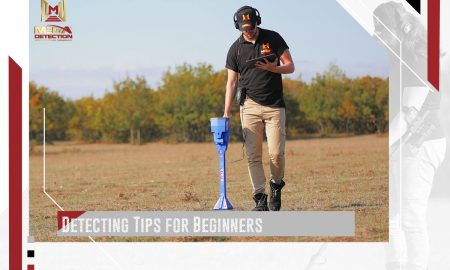
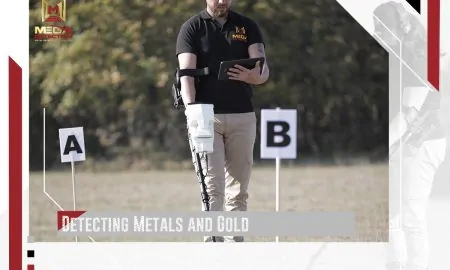
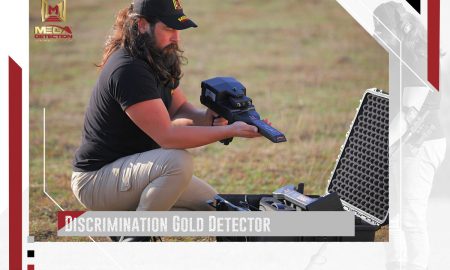





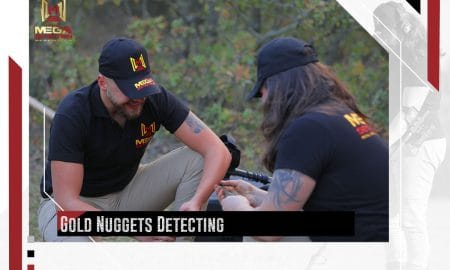
Leave a Reply